Property Geek
We provide the actual and accurate information with unbiased user driven reviews to our viewers, to help them see the best and find the best!
View posts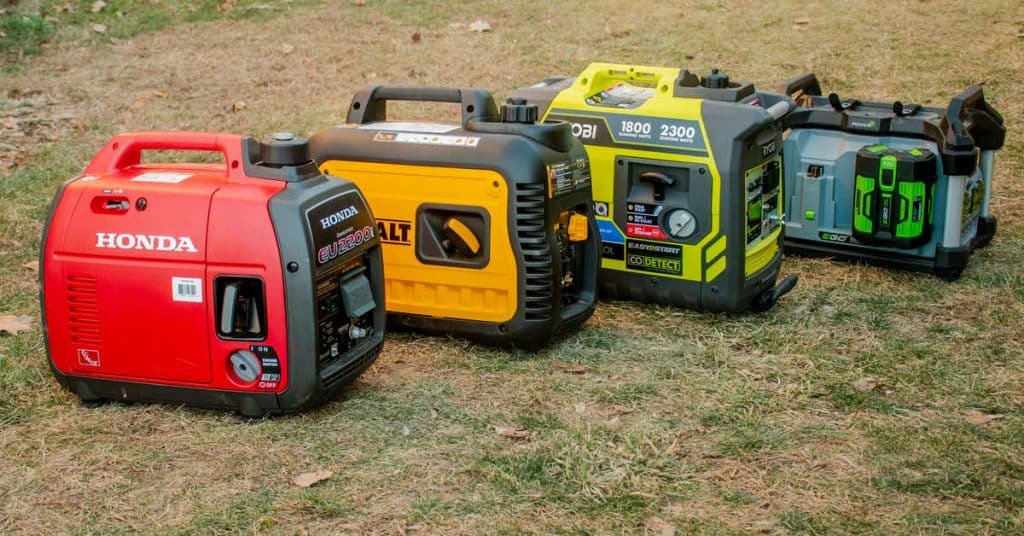
Do you often experience power-cut in your locality or your house? If yes, then the only best solution, as we know, is to install a good-quality generator that can help you ease out your lifestyle and provide electricity, despite the power cuts.
Although we are all aware of this concept, what we often get held up with is the choice of the types of generator options available in the market space. What to choose? How to choose? Does choosing even matter? Yes, they do!
Generators are useful mechanical products that use fuel sources like gasoline, solar energy, or natural gas to generate electricity and provide power to a campsite, appliance, and other daily electricity needs. There are different types of generator options that are available and range from small portable generators up to large standby generators, used mostly outdoors.
To help you, we have tried to ease out the process of selection from the types of generators options available. Listed below are the best kinds of generator options to pick and choose from.
Here are the top 8 best generators to choose from and ease out your lifestyle even during power-cuts:
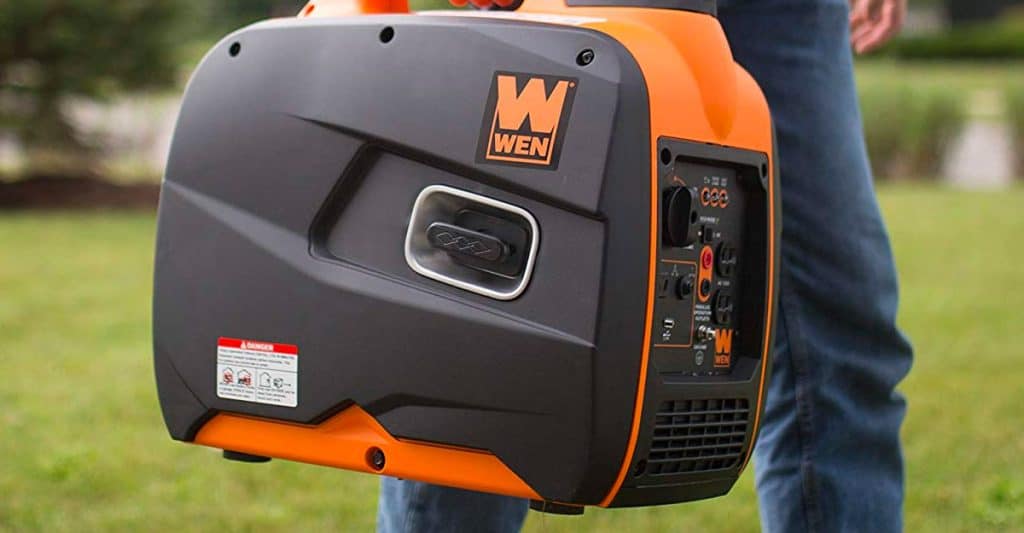
These are small, easy-to-carry, and compact portable generators that need to be fueled with gasoline, solar energy, or propane – the readily available sources to generate energy. (Gas and propane can be sourced from a gas station, while, on the other hand, the solar energy is of course sourced naturally, that is, directly from the sun.
These types of generator options are easy to store in a vehicle/in a shed/garage until needed, can help recharge mobile devices, run the camp hot plate, and/or help with the lighting of the space.
This dual-fuel machine sacrifices power production for mobility to produce energy just like the large standby generators and is very affordable – all thanks to their reduced size and capacity. Best used for camping or car emergencies and comes with an equipped set of wheels for easy maneuverability.
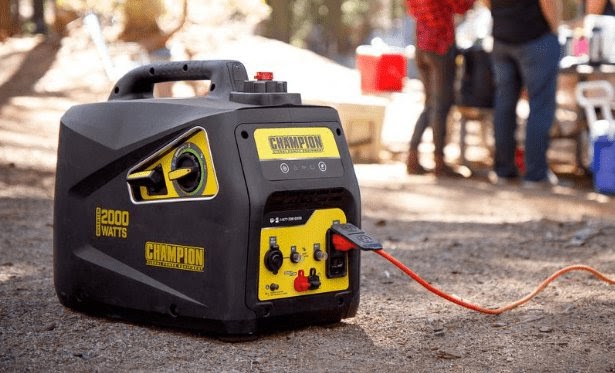
Inverter generators or whole-home generators are portable and differ in their way of producing electricity. For instance, while the standard generator produces electricity in a single-phase manner, that is, they can’t maintain a steady flow of electricity, on the other hand, these inverter generators have three phases to produce electricity.
They create a high-frequency alternating current (AC) that is inverted to a direct current (DC) and then finally into a stable AC output. Yes, the process might seem to be a little confusing, but it actually helps to create clean energy or one that remains stable when in use.
Inverter generators are best used for sensitive electronics, like laptops and phones since they have a more stable output of energy, also known to be much quieter than the others. They protect the electronic equipment from surges of power, keep the energy clean, are free of voltage spikes, and are a much safer option.
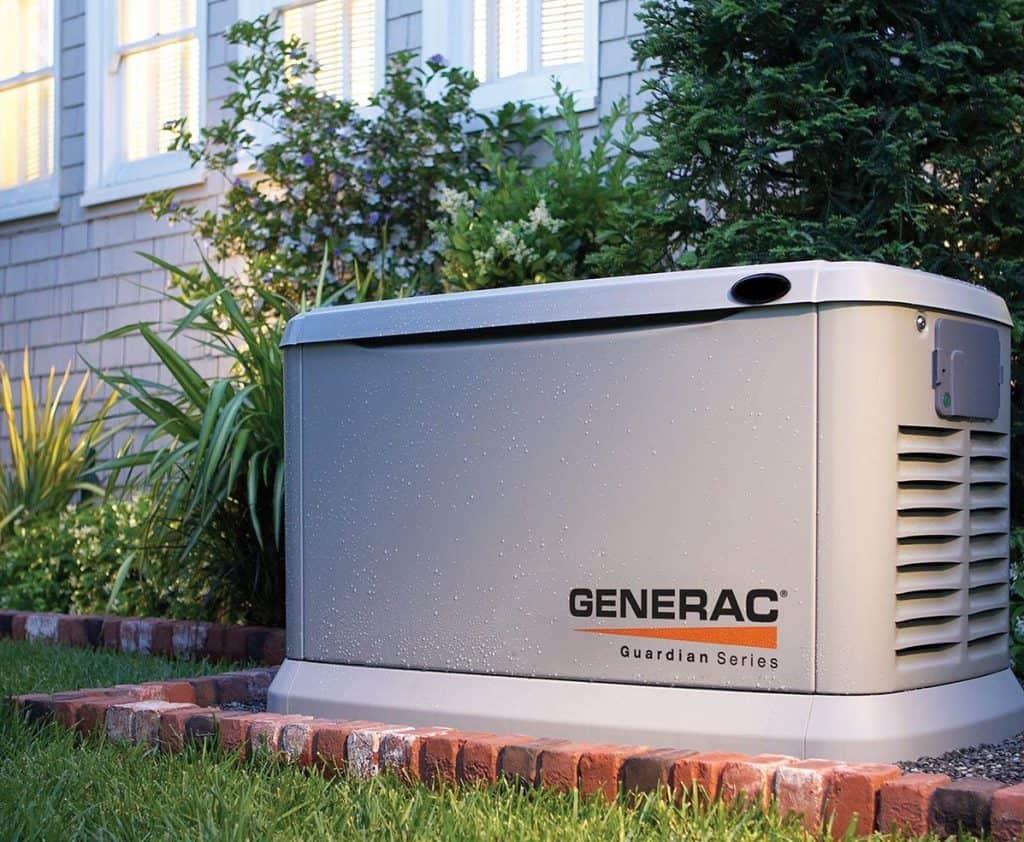
These are high price generators that are completely different from the other types of generator options on this list. They feature a small frame, are portable – that is, they can be easily picked, carried, packed into a vehicle, and stored.
These are standby generators that come with a semi-permanent feature, take a lot more space as compared to the standard air-conditioning unit, have large fuel tanks, and are commercial-grade engines with the efficiency of fuel, providing power to the whole house in times of emergency. On the downside, they do require regular maintenance to make sure they are operational in times of blackouts.
These are best to power small cabins or backup emergency systems, at times outfitted with a WiFi connection that allows the user to monitor the status of the generator via a mobile app. They turn on automatically and provide uninterrupted power.
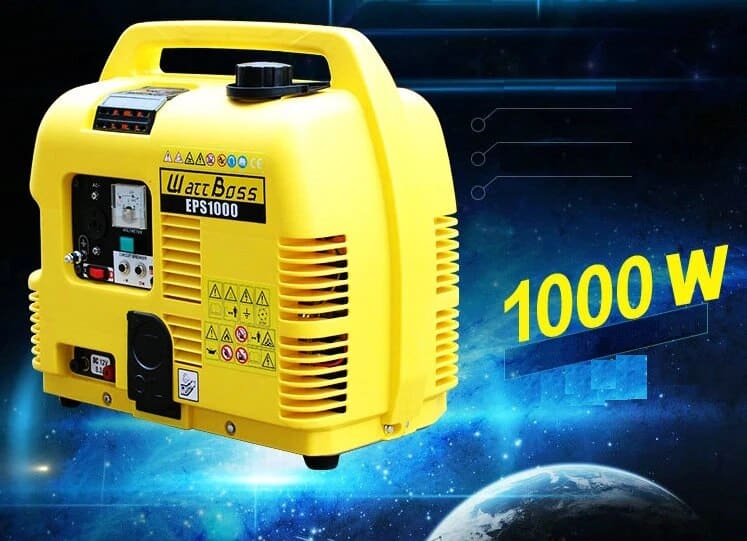
Gasoline generators are capable of running on a variety of fuels, they are portable and inverter generators are gasoline. All the generators that run on gasoline are all under the same category, which makes the broad observations a little difficult. Everything- from the power, the features, and suitable uses of this lightweight and portable generator is run on gas, unlike the inverter generators.
These types of generator options have straightforward controls, are affordable, and are the best pick for those who are inexperienced operators and shoppers with a limited budget. However, on the downside, these gasoline-run generators come with high emission rates, run on expensive fuels for a long run other than propane, natural gas, or diesel.
These gasoline generators are the best fit if you have a limited budget or do not use generators that frequently. On the upside, these can run for up to 11 hours on a 6.6-gallon tank of gasoline.
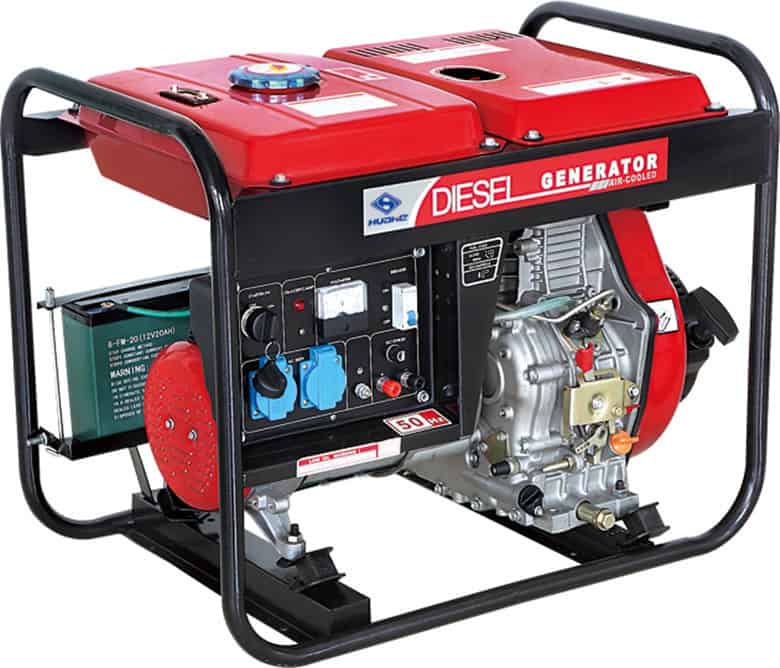
As the name gives it out, these diesel generators are fueled with diesel to run, instead of gasoline. The generators that run on diesel are capable of providing a more efficient power output, as compared to the gasoline standby generators. Adding on, these are cost beneficial, are a fuel-efficient model, and durable.
The best part about the diesel-run generators is that they can also work in freezing temperatures, provided they are filled with winter diesel fuel. Why winter diesel? Regular diesel fuels can freeze and gel during the winter, which prevents the starting of the generators.
Diesel’s low burning temperature puts less strain on the electric engine as compared to gasoline or propane, allowing these diesel generators with high durability and long life. Nevertheless, keep in mind that these diesel generators do produce harmful emissions that could be toxic if inhaled. Best for those who are planning on investing in a good- long-lasting generator, is easy to maintain, and can generate electricity for both; an industrial or a whole-house standby with their 12-gallon tank of diesel fuel.
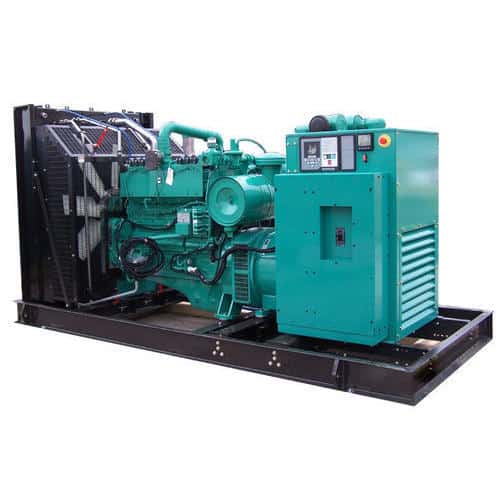
As understood, these types of generator options available in the market run on natural gas and majorly fall under the standby generator category, although there are a few portable generators that run on natural gas too.
When compared to diesel and gasoline generators, these natural gas generators help produce lower rates of emissions that makes this a good choice for whole-home backup power. These are durable, need regular maintenance, could have a high installation cost, and are eco-friendly. However, on the downside, these could be quite vulnerable to extremely cold climates.
Best for shoppers who are eco-friendly and concerned about the pollutant emissions can be used as a standby generator for the whole house, can run on gasoline, natural gas, or propane, and is the best backup for campsites and tailgate parties.
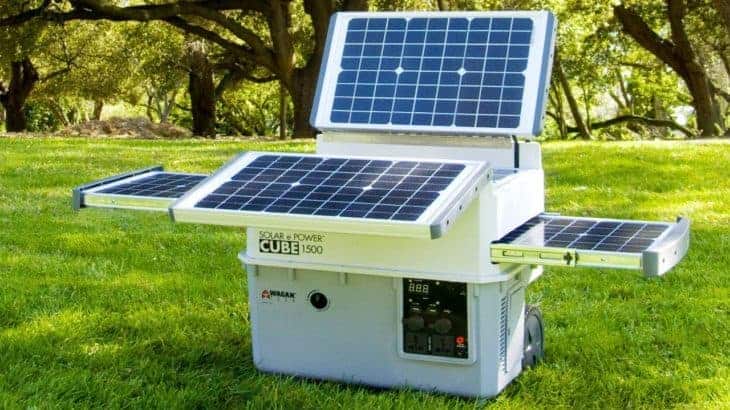
These are best to produce electricity for the whole home, are a little expensive to install, and use fuel that is renewable and free. These solar generators are typically made to use built-in solar panels with some detachable solar panels that can be set or angled to absorb the rays of the sun.
However, on the downside, these solar generators do not work in the dark and do not produce much power as compared to the other types of generator options on the list.
Ideal for camping and to keep them in the car in case of emergency, they are eco-conscious, best for shoppers who are capable of affording high upfront costs, are portable, and do not need a lot of power backup.
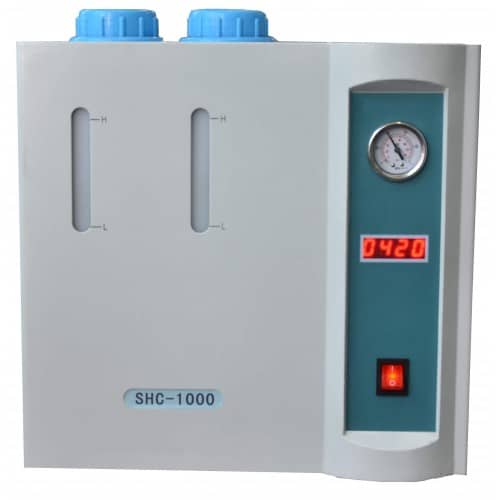
These are new generators in the market and are fueled by hydrogen gas. Designed with internal fuel cells, these hydrogen generators help manage the system’s fuel efficiency.
The best part about these hydrogen generators is that they produce a higher power output as compared to other generators and are quite sturdy with pretty resistant impact damage. However, on the downside, they are expensive and are difficult to find in the market.
They are efficient, durable, best for homes or businesses, require an uninterrupted power supply, and are the fuel cell system for high efficiency.
Here are a few things to consider when choosing amongst the types of generator options available in the market:
There are two fundamental types of generator options available:
Although the technique of producing electricity is the same, the AC and DC power differ in terms of their applications, that is, the electricity load received.
Here is a list of the different types of generator options in the market:
The four different types of electrical generators are:
To know more about these, refer to the article above!
The principle on which an electric generator works is electromagnetic induction. This is where the conductor coil/copper coil is tightly wound over a metal core and rotated between the horseshoe-type magnet poles. These coils along with the core, are also known as the armature.
Portable generators are small, easy-to-carry, and compact portable generators that need to be fueled with gasoline, solar energy, or propane – the readily available sources to generate energy. (Gas and propane can be sourced from a gas station, while, on the other hand, the solar energy is of course sourced naturally, that is, directly from the sun.
When compared to diesel and gasoline generators, these natural gas generators help produce lower rates of emissions that makes this a good choice for whole-home backup power. These are durable, need regular maintenance, could have a high installation cost, and are eco-friendly. However, on the downside, these could be quite vulnerable to extremely cold climates.
Hydrogen gas generators are fairly new generators that have recently launched in the market spaces, and of course, are fueled by hydrogen gas. This is why they are difficult to find in the market and are expensive as compared to the other types of generator options mentioned above.
The best part about these generators that make it worth the hunt is that they are designed using internal fuel cells and help manage the system’s fuel efficiency.